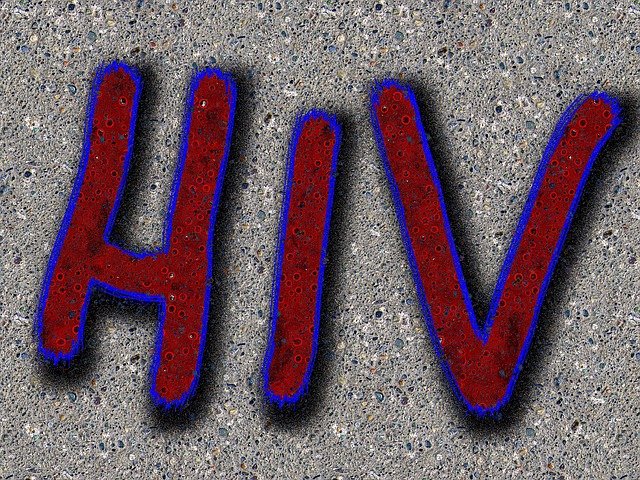
Singapore: Australia based Biotron's HIV drug candidate BIT225 has demonstrated its ability to reverse HIV-induced impairment of the immune system in HIV-infected subjects.
HIV infection causes immune activation and inflammation, which are associated with adverse outcomes in patients, including accelerated aging and neurological dysfunction. Immune activation is detected by elevated levels of specific markers in the blood.
Blood samples taken from HIV-infected patients treated for 10 days with BIT225 showed a significant reduction in levels of the inflammatory marker sCD163. sCD163 is a marker of immune activation associated with cells known as macrophages. At the end of treatment, sCD163 returned to pre-treatment levels. This was in contrast to samples from placebo-treated controls in which levels of sCD163 remained unchanged throughout the study.
Dr John Wilkinson, senior virologist, Biotron commented, "The aim of drug treatment for HIV is to not only reduce virus levels, but also to dampen down the associated immune activation. BIT225 can potentially target both sides of the problem, resulting in reduction of virus and a normal functioning immune system."
Targeting virus within monocyte/macrophage cells is central to prevent the ongoing cycle of infection and re-infection of T cells with HIV in infected patients. This trial is the first demonstration of the feasibility of such an approach.
The BIT225 trial was conducted on 21 patients at an international clinical trial unit in Bangkok, Thailand. Patients enrolled in the study were HIV-infected, with high levels of virus and good CD4+ T cell counts.




